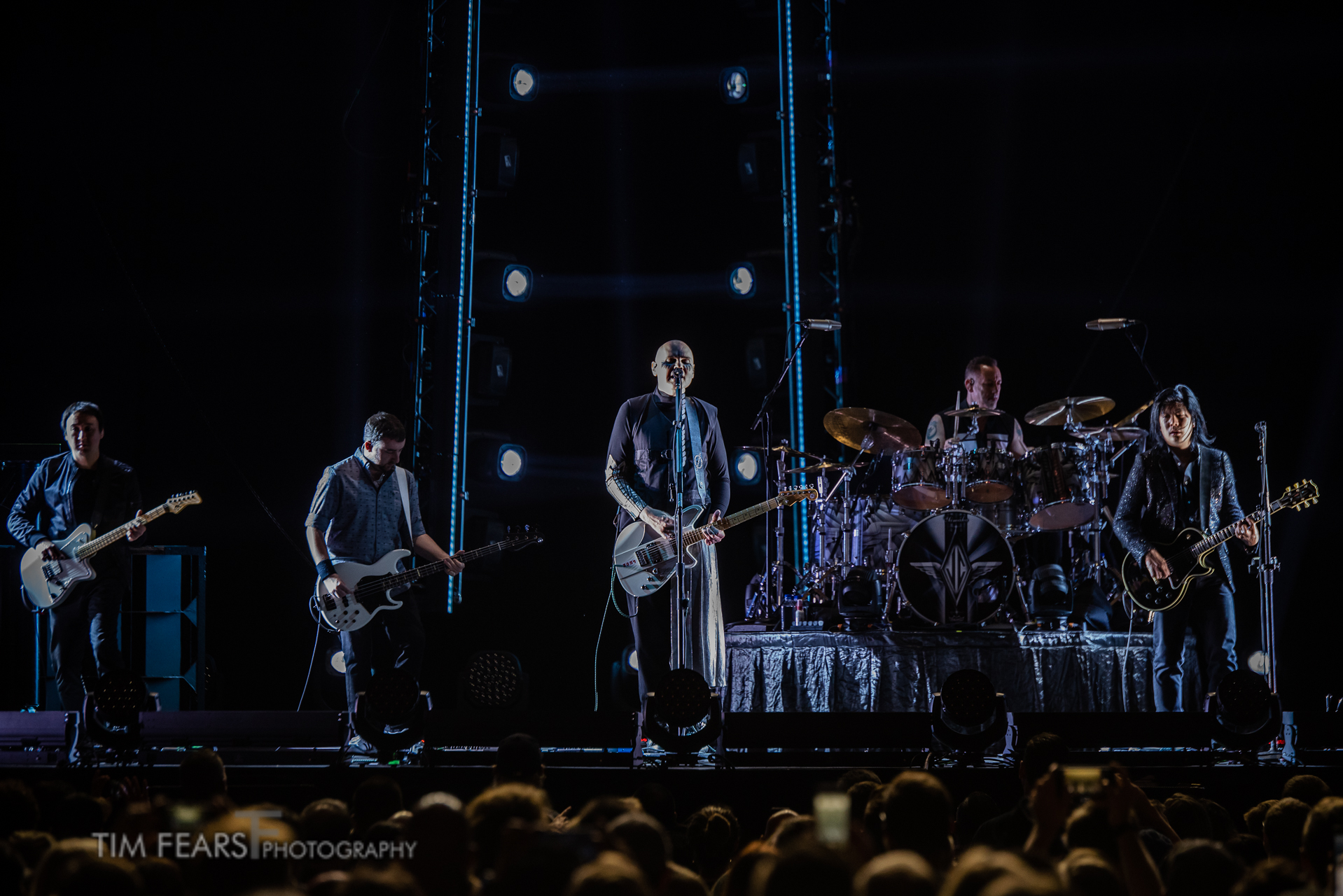As shipments of the COVID-19 vaccine are set to hit cities across the U.S. this week, the Chicago-area prepares for its initial doses.
Over the past couple weeks, health experts have attempted to explain how the coronavirus vaccine will work and debunk any myths attached to its usage.
Here's what we know so far about the COVID-19 vaccine:
When Can I Receive the COVID-19 Vaccine in the Chicago Area?
After being approved by the U.S. Food and Drug Administration for emergency use last week, the Centers for Disease and Control made recommendations for coronavirus vaccination best practices.
The FDA said the first doses of the vaccine should go to healthcare workers, specifically people working with coronavirus patients, and people at long-term care facilities.
In Chicago, first in line will be "healthcare workers who treat COVID patients or conduct procedures that put them at high risk for COVID-19 spread" at all 34 hospitals in the city, according to Mayor Lori Lightfoot and Chicago Department of Public Health Commissioner Dr. Allison Arwady.
Local
CDPH anticipates receiving 23,000 doses in the initial batch, though reports of those numbers have fluctuated. Health officials say additional doses of the vaccine will arrive in Chicago every week thereafter, though exactly how many is unclear.
After frontline health care workers, the city says priority will be given to: residents and staff at long-term care facilities, workers in essential and critical industries including emergency services personnel, people at high risk for severe COVID-19 illness due to underlying medical conditions and people ages 65 and older.
According to the CDC, pregnant women and people under the age of 16 should not receive the COVID-19 vaccine until more testing has been done, which could take place as soon as January, National Institute of Allergy and Infectious Diseases Director Dr. Anthony Fauci said.
Illinois Gov. J.B. Pritzker and Illinois Department of Public Health Director Dr. Ngozi Ezike have reminded residents that the general public will not receive the vaccine for several months, but more details will become available over the next few weeks.
Illinois and Chicago officials explained that people will know when it is their turn based on a major upcoming messaging campaign and through working with employers and healthcare providers.
City officials said the goal is for all adults in Chicago to be vaccinated at no cost to the individual in 2021 through doctors' offices, retail pharmacies, hospitals, health centers and other providers.
Where Can I Get the Vaccine When It's Available to Me?
According to the IDPH website, hospitals will provide the COVID-19 vaccine to healthcare workers in the initial dose.
As the vaccine is able to be more widely distributed, several thousand providers will carry the vaccine from doctors' offices and retail pharmacies to hospitals and Federally Qualified Health Centers.
Ezike has also noted that she hopes the state can provide a vaccination process similar to testing where people can do drive-through vaccinations in communities' churches and hospitals.
Will I Have Any Side Effects From Taking the Vaccine?
Health officials have warned of potential mild side effects with the coronavirus vaccine based on clinical studies, however they are likely signs of building protection.
Former FDA Chief Dr. Margaret Hamburg told CNBC that side effects from the COVID-19 vaccine are indications that the shots are helping build protection against the disease.
"You'll know when you get the vaccine, but that also tells you it's working and that your body is responding," added Hamburg.
Health experts have shared that 25-50% of the 75,000 patients involved in the Pfizer and Moderns trials experienced some side effects. These primarily included flu-like symptoms, such as:
- Pain, redness and swelling at the injection site
- Muscle soreness
- Fatigue
- Headache
- Chills
- Loss of appetite
- Sweating
- Fever
Similar to all vaccines, the coronavirus vaccine has a low risk for allergic reactions. In Britain, two individuals had an allergic reaction to the vaccine since vaccinations began last Tuesday. According to reports, the two both have a history of allergies.
Can I Get COVID-19 From the Vaccine?
No. Health experts have explained that the vaccine itself does not contain the live COVID-19 virus.
Arwady said people who take the vaccine cannot contract the coronavirus, but symptoms may temporarily look similar.
Dr. Sharon Welbel, director of Hospital Epidemiology and Infection Control for Cook County Health, said the vaccine is what is called an mRNA vaccine, or messenger RNA, relatively new technology that uses genetic material to provoke an immune response.
"The vaccine is a little snippet of the genetic code of the virus that causes COVID-19. It instructs our bodies how to create a protein that's specific to the virus and then we develop our own antibodies," Welbel said.
Typically, a vaccine puts a weakened or inactivated virus into our bodies to trigger an immune response, which then produces antibodies. Those antibodies are what ultimately protect us from getting infected if we ever encounter the real thing.
According to the Centers for Disease Control and Prevention, mRNA vaccines "teach our cells how to make a protein—or even just a piece of a protein—that triggers an immune response inside our bodies."
Will the Vaccine Change My DNA?
No. According to the CDC, "mRNA stands for messenger ribonucleic acid and can most easily be described as instructions for how to make a protein or even just a piece of a protein."
"mRNA is not able to alter or modify a person’s genetic makeup (DNA). The mRNA from a COVID-19 vaccine never enter the nucleus of the cell, which is where our DNA are kept," the CDC stated. "This means the mRNA does not affect or interact with our DNA in any way. Instead, COVID-19 vaccines that use mRNA work with the body’s natural defenses to safely develop protection (immunity) to disease."
Mayo Clinic also said "injecting messenger RNA into your body will not interact or do anything to the DNA of your cells."
"Human cells break down and get rid of the messenger RNA soon after they have finished using the instructions," the clinic's website reads.
Was Vaccine Testing Too Rushed to Be Considered Safe?
Welbel said the vaccine approval process wasn't about being "rushed," but rather that it was given high priority.
Welbel said that "a lot of resources" were put into the vaccine's development, which helped to shorten the timeframe but that it "still went through the traditional phases of any trial."
Welbel's response was echoed by others in the medical field, including Mayo Clinic.
"This emergency situation warranted an emergency response. That does not mean the companies bypassed safety protocols or performed inadequate testing," the hospital system's website states.
Ezike also said she trusts in the vaccine's "development and approval," saying "what is known of the safety has been evaluated."
When Will Life Go Back to 'Normal?'
Health experts have attempted to address this question with initial data, but will not have a detailed answer until there is more information on the number of people that can be vaccinated over the next year.
Health and Human Services Secretary Alex Azar on Wednesday said the country was still on track to have enough doses to vaccinate 20 million Americans by the end of 2020 and 50 million by the end of January 2021.
"We remain confident that across our portfolio of multiple vaccines, we will have enough doses for any American who wants a vaccine by the second quarter of 2021."
Fauci said last week that the United States could get the coronavirus pandemic under control by the "back half of 2021" if enough people are vaccinated against the disease in the spring once doses are widely available.
That would mean businesses could likely welcome employees back to the office, restaurants could open indoors at full capacity and sporting events and theater performances could resume safely if enough people are vaccinated against Covid-19, Fauci told The Wall Street Journal's CEO Council summit.
"I think we can get there towards the second half of 2021 if we implement the vaccine program properly and aggressively," Fauci said.
The infectious diseases expert, who will remain in a similar position next year as an advisor to President-elect Joe Biden on Covid, said it's likely there should be enough doses of vaccine available for all Americans beginning in late March and early April.



